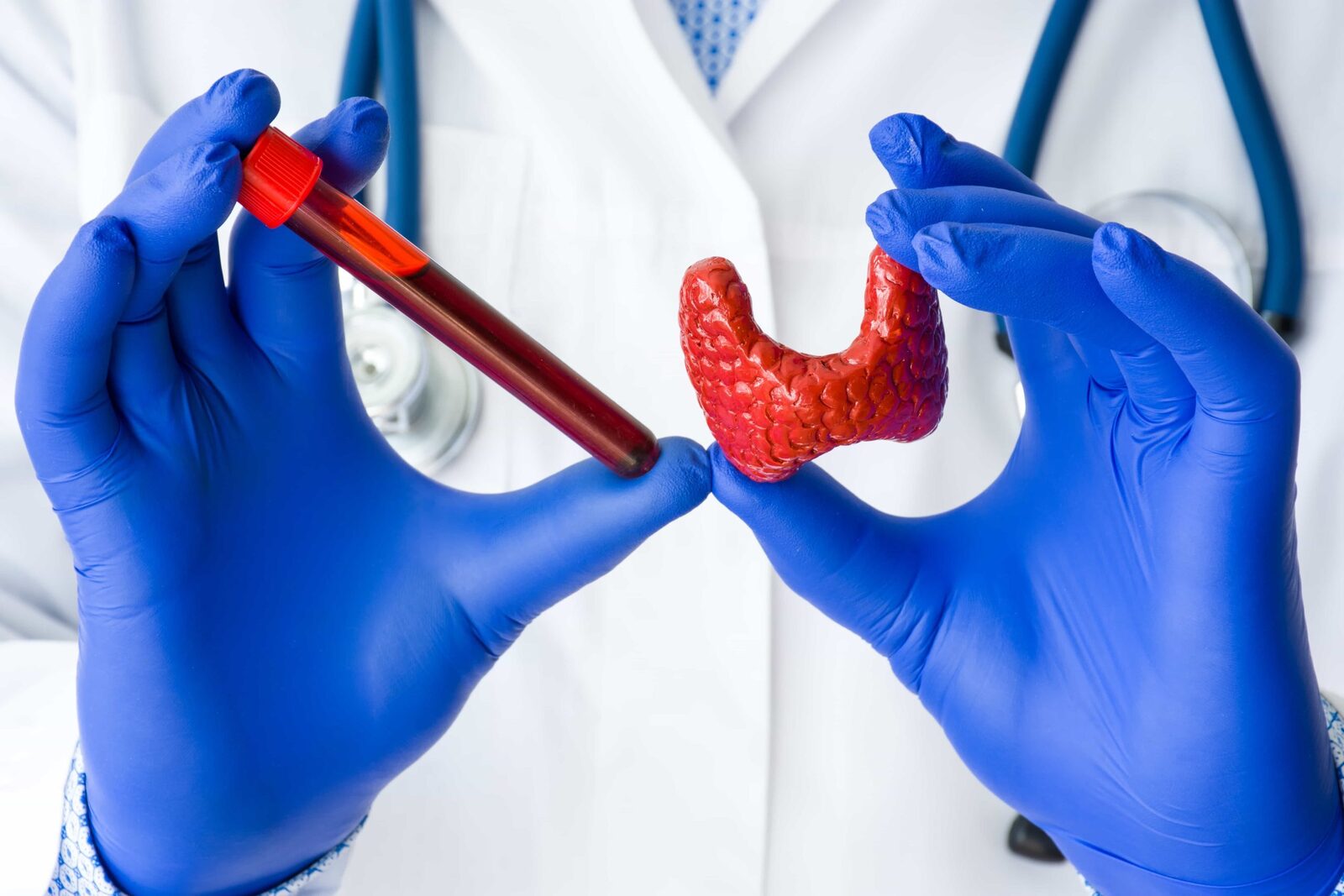
Ever wondered how your thyroid works? This small, butterfly-shaped gland in your neck plays a huge role in your body’s overall health. It produces hormones that regulate your metabolism, energy levels, and even your mood. Thyroid function impacts everything from your heart rate to how quickly you burn calories. When it’s out of balance, you might feel tired, gain weight, or experience mood swings. Understanding how this gland works can help you spot potential issues early. Let’s dive into 25 fascinating facts about thyroid function that will give you a better grasp of its importance and how to keep it healthy.
Key Takeaways:
- The thyroid gland, located in the neck, controls metabolism and growth. It produces hormones that affect energy, body temperature, and bone development.
- Thyroid disorders like hypothyroidism and hyperthyroidism can cause weight changes and other health issues. Early diagnosis and treatment are crucial for managing thyroid conditions.
Understanding the Thyroid Gland
The thyroid gland, a small butterfly-shaped organ in the neck, plays a crucial role in regulating metabolism, growth, and development. It produces hormones that influence almost every cell in the body. Here are some fascinating facts about thyroid function.
-
The thyroid gland is located in the front of the neck, just below the Adam's apple.
-
It produces two main hormones: thyroxine (T4) and triiodothyronine (T3).
-
T4 is converted into T3 in the liver and other tissues, which is the active form of the hormone.
-
The thyroid gland also produces calcitonin, which helps regulate calcium levels in the blood.
-
The pituitary gland controls thyroid hormone production by releasing thyroid-stimulating hormone (TSH).
Thyroid Hormones and Metabolism
Thyroid hormones are vital for maintaining the body's metabolism. They affect how the body uses energy, produces heat, and consumes oxygen.
-
Thyroid hormones increase the basal metabolic rate, which is the amount of energy the body uses at rest.
-
They help regulate body temperature by increasing heat production in cells.
-
Thyroid hormones influence the metabolism of carbohydrates, fats, and proteins.
-
They play a role in the breakdown of cholesterol, helping to maintain healthy cholesterol levels.
-
An overactive thyroid (hyperthyroidism) can lead to weight loss, while an underactive thyroid (hypothyroidism) can cause weight gain.
Thyroid Function and Growth
The thyroid gland is essential for normal growth and development, especially in children. It influences the development of the brain and bones.
-
Thyroid hormones are crucial for brain development during pregnancy and early childhood.
-
They help regulate the growth and maturation of bones.
-
A deficiency in thyroid hormones during childhood can lead to growth retardation and developmental delays.
-
Thyroid hormones play a role in the development of the nervous system.
-
They also influence muscle growth and repair.
Thyroid Disorders
Thyroid disorders are common and can affect people of all ages. They can lead to a variety of symptoms and health problems.
-
Hypothyroidism occurs when the thyroid gland doesn't produce enough hormones.
-
Hyperthyroidism is when the thyroid gland produces too many hormones.
-
Hashimoto's thyroiditis is an autoimmune disorder that causes hypothyroidism.
-
Graves' disease is an autoimmune disorder that leads to hyperthyroidism.
-
Thyroid nodules are lumps that can form in the thyroid gland, which may be benign or cancerous.
Diagnosing and Treating Thyroid Issues
Early diagnosis and treatment of thyroid disorders are essential for maintaining good health. Various tests and treatments are available to manage thyroid conditions.
-
Blood tests measuring TSH, T4, and T3 levels are commonly used to diagnose thyroid disorders.
-
Ultrasound imaging can help detect thyroid nodules and other abnormalities.
-
Radioactive iodine uptake tests can assess how well the thyroid gland is functioning.
-
Hypothyroidism is typically treated with synthetic thyroid hormone replacement therapy.
-
Hyperthyroidism can be treated with medications, radioactive iodine therapy, or surgery to remove part or all of the thyroid gland.
Thyroid Health Matters
Understanding thyroid function is crucial for maintaining overall well-being. This small gland plays a big role in regulating metabolism, energy levels, and even mood. Knowing the signs of thyroid issues, like unexplained weight changes or fatigue, can help catch problems early. Regular check-ups and blood tests ensure your thyroid stays in good shape.
Diet also impacts thyroid health. Foods rich in iodine, selenium, and zinc support its function. Avoiding excessive soy and gluten can prevent potential disruptions. Stress management and adequate sleep further contribute to a healthy thyroid.
Remember, thyroid disorders are common but manageable. With the right knowledge and proactive care, you can keep your thyroid functioning optimally. Stay informed, listen to your body, and consult healthcare professionals when needed. Your thyroid health is a key part of your overall wellness journey.
Frequently Asked Questions
Was this page helpful?
Our commitment to delivering trustworthy and engaging content is at the heart of what we do. Each fact on our site is contributed by real users like you, bringing a wealth of diverse insights and information. To ensure the highest standards of accuracy and reliability, our dedicated editors meticulously review each submission. This process guarantees that the facts we share are not only fascinating but also credible. Trust in our commitment to quality and authenticity as you explore and learn with us.
